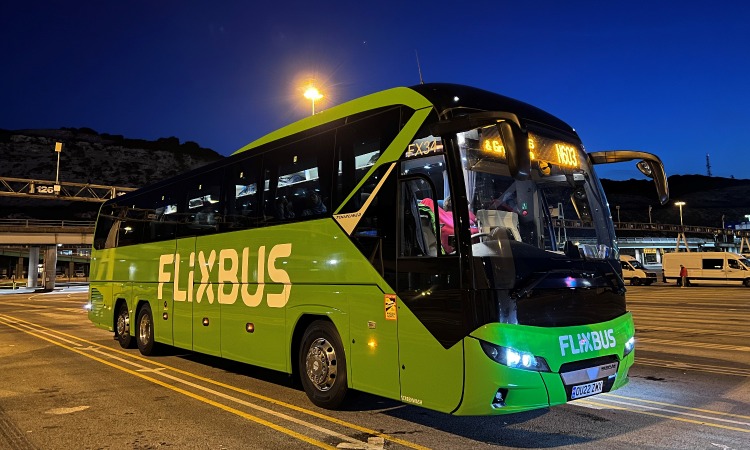
In the heart of Germany’s transportation landscape, FlixBus has emerged as a game-changer, reshaping the way Germans travel with its innovative and sustainable approach to intercity bus services. Since its establishment in Munich in 2013, FlixBus has become synonymous with affordable, comfortable, and environmentally conscious travel. This article takes a closer look at the journey of FlixBus within Germany, exploring its inception, network, onboard experience, and its commitment to green mobility.
Inception and Growth in Germany
Founded in Munich, FlixBus had a humble beginning with a grand vision: to make long-distance bus travel accessible to all. The partnership-based model, collaborating with regional bus companies, allowed FlixBus to quickly expand its services across Germany. The company’s distinctive green buses soon became a common sight on German highways, offering travelers a cost-effective and reliable alternative to traditional transportation methods.
Network and Accessibility
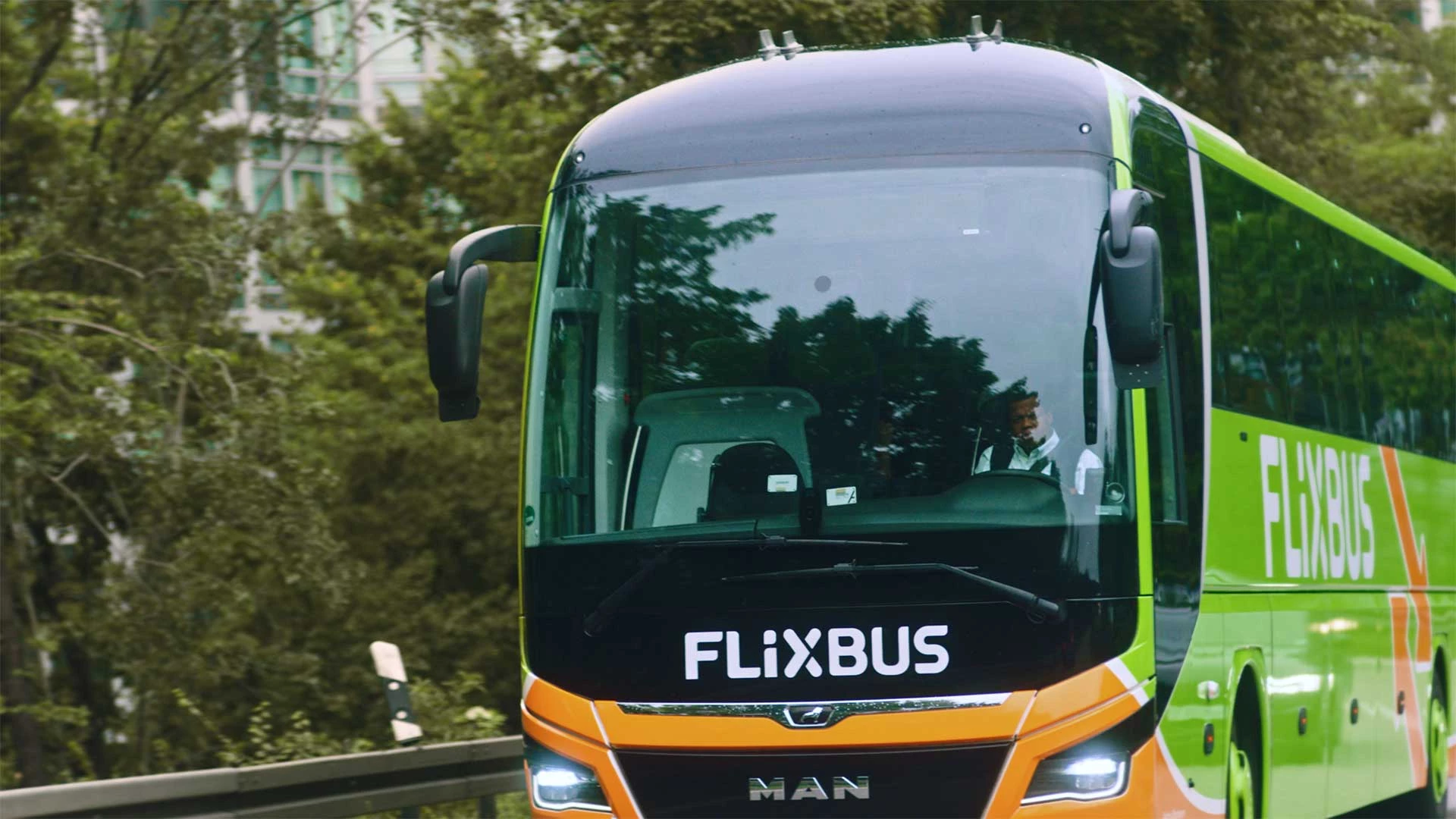
FlixBus’s success in Germany is deeply rooted in its extensive network, connecting major cities and towns across the country. Germans embraced the affordability and accessibility of FlixBus services, making it a preferred choice for various demographics, from students and professionals to families and tourists. The company’s commitment to providing numerous routes and destinations within Germany has solidified its status as a go-to option for domestic travel.
Booking Convenience and Technological Integration
At the core of FlixBus’s success in Germany is its commitment to providing a seamless and technologically advanced booking experience. The FlixBus website and mobile app have become go-to platforms for travelers looking to plan and book their journeys conveniently. The technological integration extends beyond booking, with modern amenities onboard that cater to the evolving needs of the modern German traveler.
Affordability and Budget-Friendly Travel
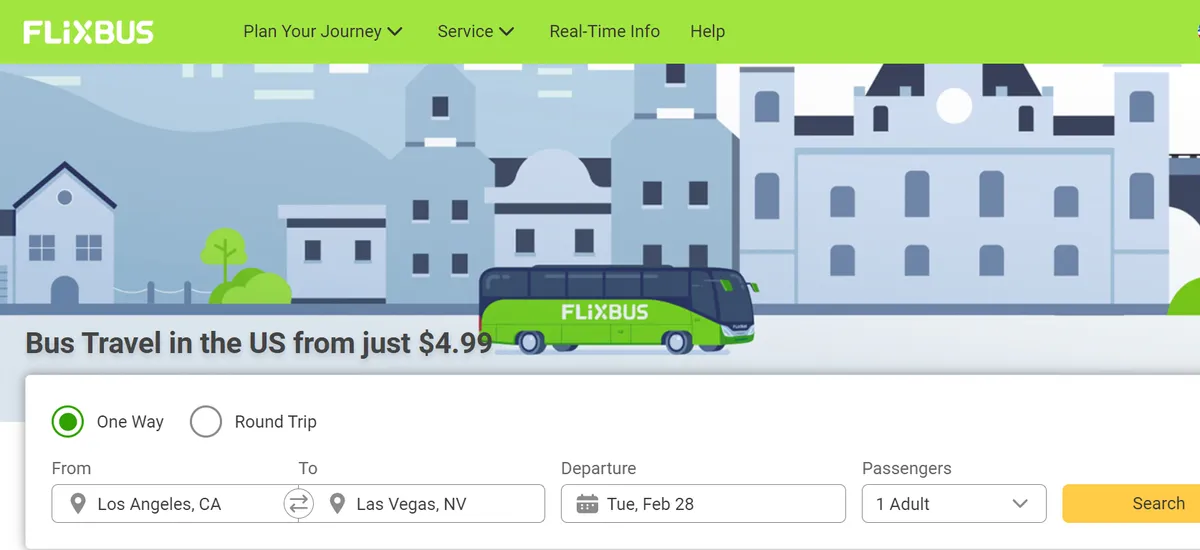
FlixBus’s affordable pricing strategy has resonated with the German population, making it a popular choice for those seeking economical yet comfortable travel options. The company’s competitive prices and various discounts, coupled with a commitment to providing a high standard of service, have positioned FlixBus as a leader in budget-friendly travel solutions within Germany.
Green Mobility in the German Context
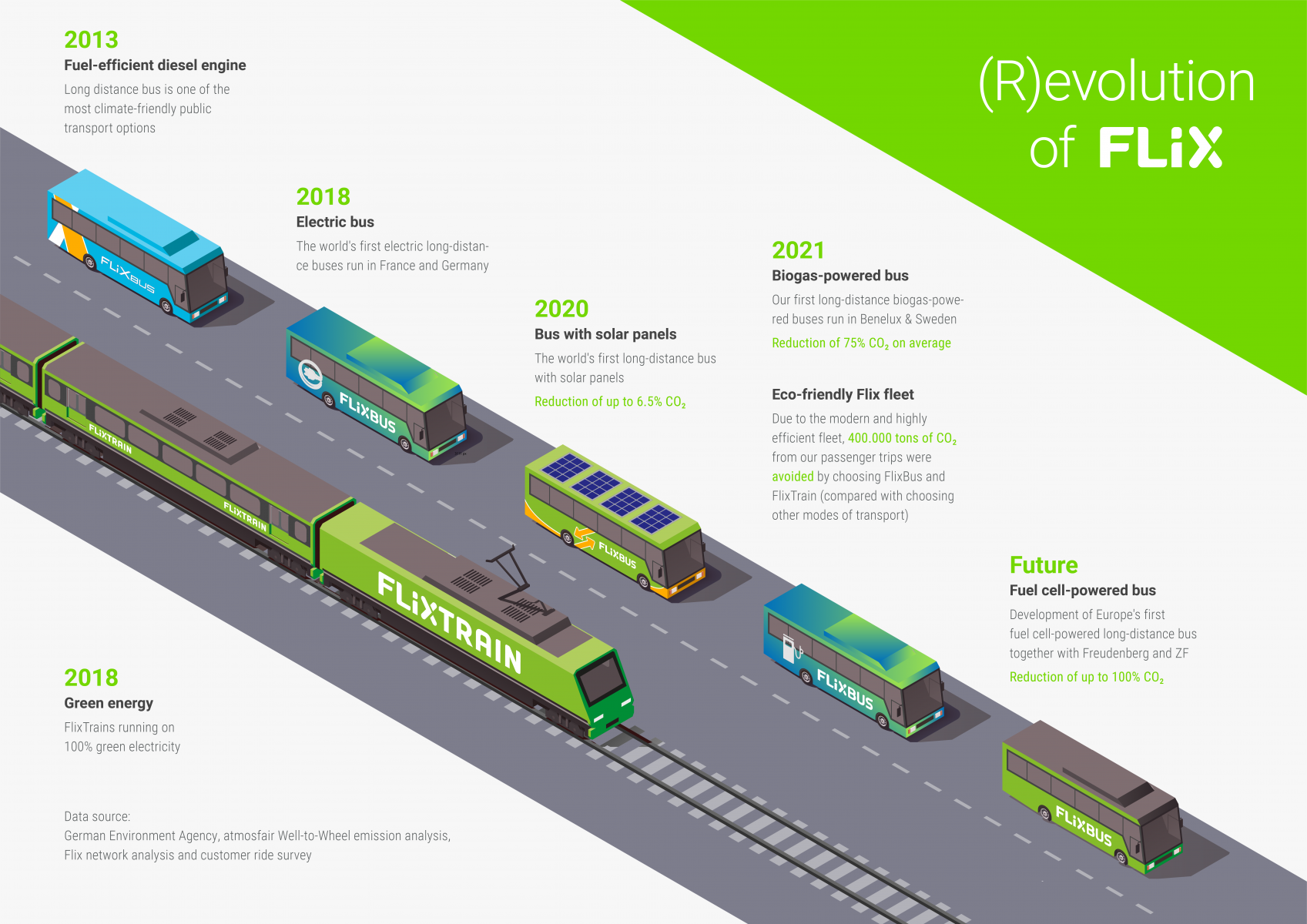
As Germany places increasing emphasis on environmental sustainability, FlixBus has aligned itself with these values. The green mobility initiative employed by FlixBus involves using modern, fuel-efficient buses equipped with the latest technology to minimize emissions. The company’s commitment to reducing its carbon footprint extends to its partners, ensuring that sustainable practices are embedded throughout its network in Germany.
Onboard Comfort and Amenities
FlixBus places a strong emphasis on passenger comfort, recognizing that a positive onboard experience is integral to customer satisfaction. The company’s buses are equipped with amenities such as free Wi-Fi, power outlets, air conditioning, and comfortable seating, catering to the preferences of German travelers who value connectivity and comfort during their journeys.
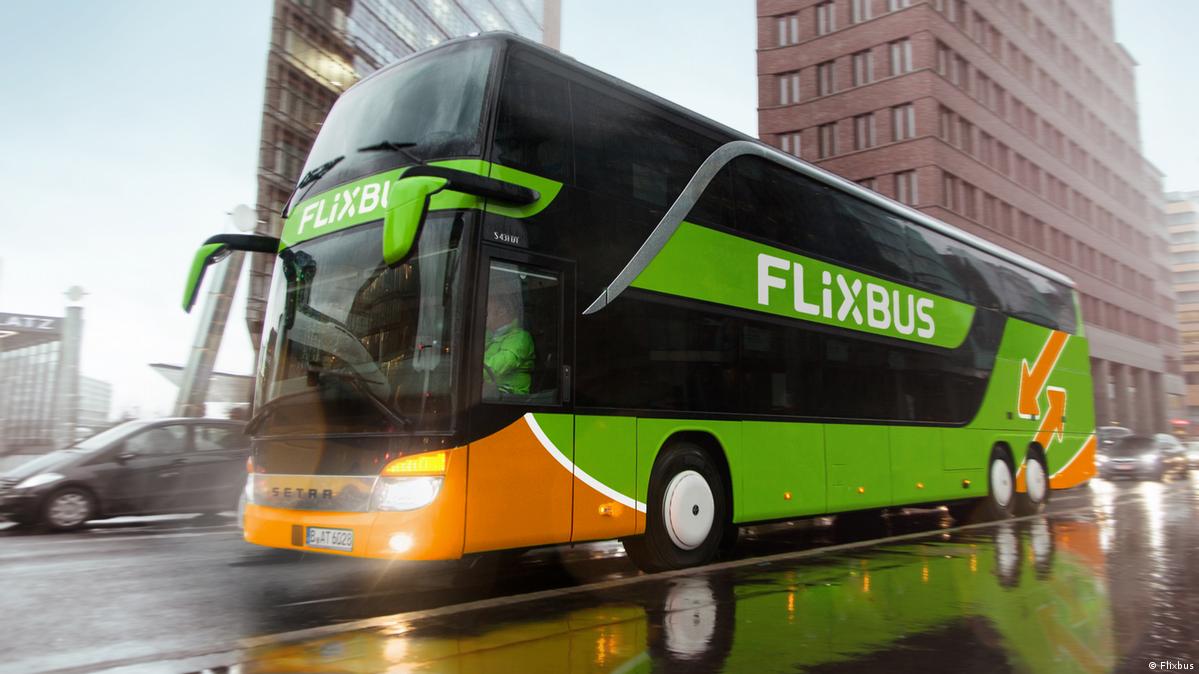
While FlixBus has seen immense success in Germany, it hasn’t been without its challenges. Operational issues, occasional delays, and disruptions have prompted the company to address concerns and maintain a balance between its expansive network and service quality. Looking forward, FlixBus continues to innovate and adapt to the evolving needs of German travelers, with future prospects likely involving further technological enhancements and an unwavering commitment to sustainable travel.
In conclusion, FlixBus has left an indelible mark on the German transportation landscape. From its inception in Munich to its widespread network across the country, FlixBus has become synonymous with affordable, comfortable, and environmentally conscious travel within Germany. As the company continues to evolve, it remains a symbol of innovation and sustainability, encouraging Germans to explore their own country in a way that is both accessible and mindful of the environment.



